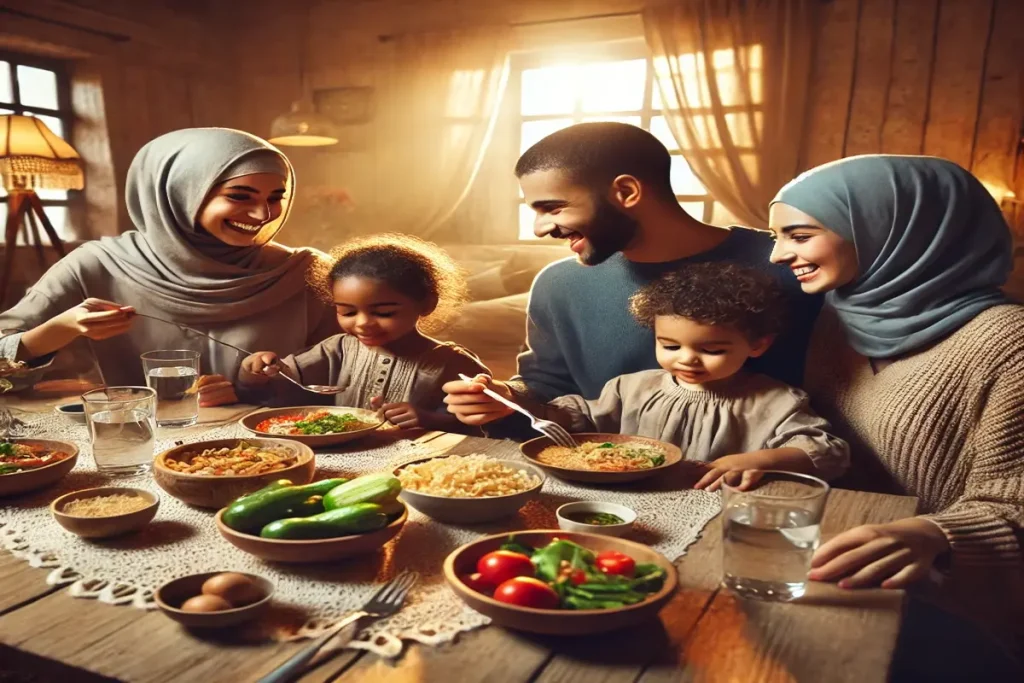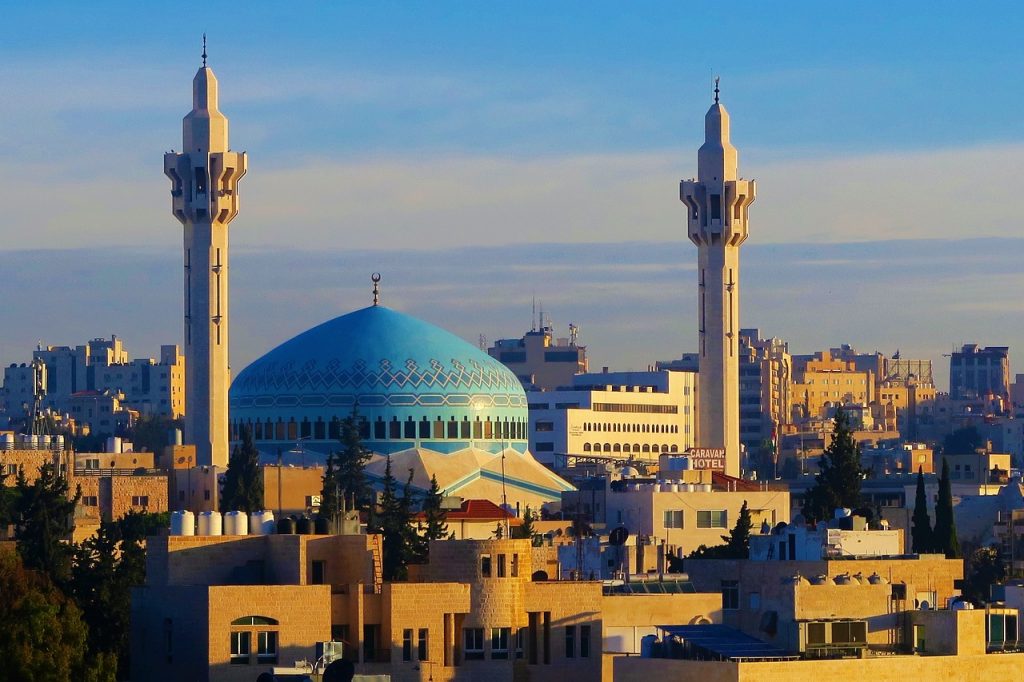The lowest nature reserve on earth !
Eid al-Fitr Etiquette in Jordan: Traditions and Social Customs
Eid al-Fitr, the festival marking the end of Ramadan, is one of the most significant celebrations in Jordan. It is a time of joy, gratitude, and communal harmony. While the holiday is observed across the Muslim world, Jordan has its own unique customs and traditions that define its Eid etiquette. Understanding these practices can help visitors and locals alike enjoy the festivities respectfully and meaningfully. The celebration lasts for three days, during which families come together, prayers are performed, and acts of kindness are emphasized.
Eid in Jordan is not just about religious devotion but also about reinforcing social ties and cultural identity. Streets come alive with decorations, and markets buzz with activity as people shop for new clothes, sweets, and gifts. Special prayers take place in mosques and public squares, creating a sense of unity among worshippers. The atmosphere is filled with warmth as families prepare elaborate feasts, and children eagerly anticipate receiving “Eidiya,” small monetary gifts from elders. The holiday fosters an environment of inclusivity, where neighbors, friends, and even strangers share in the joy of the occasion.
Greeting Etiquette
One of the first aspects of Eid al-Fitr etiquette in Jordan is the way people greet each other. Common phrases include “Eid Mubarak” (Blessed Eid) and “Kul ‘am wa antum bikhair” (May you be well every year). These greetings are exchanged warmly among family, friends, and even strangers. A handshake or a friendly embrace is common among men, while women may exchange kisses on the cheeks with close friends and relatives. It is important to be mindful of cultural norms and avoid physical contact with the opposite gender unless initiated by them. Additionally, children are taught to greet their elders with respect, often kissing their hands or receiving blessings and small monetary gifts, known as “Eidiya.”


Visiting Family and Friends
Eid al-Fitr is a time for strengthening family bonds, and visiting relatives is an essential part of the celebration. Jordanians follow a hierarchical pattern of visits, prioritizing elderly family members first, such as grandparents and parents, before visiting extended family and friends. It is customary to bring a small gift, such as sweets (especially ma’amoul, a traditional date-filled cookie), chocolates, or dates, when visiting someone’s home. Guests are expected to accept any refreshments offered, as declining may be seen as impolite. Traditional Jordanian coffee and tea are served, along with an assortment of desserts. Conversations during these gatherings often revolve around gratitude, well-being, and blessings for the future. Children look forward to these visits, as they are often given small gifts or money by their elders.
Dressing Appropriately
New and elegant clothing is a major part of Eid celebrations in Jordan. People dress in their best attire to attend the special Eid prayers in mosques and to visit loved ones. While modesty is always appreciated, women often wear colorful dresses or traditional embroidered outfits, such as the “thobe,” while men opt for smart casual or traditional attire like the “dishdasha” or “jubba.” Children, too, receive new clothes, which adds to the festive atmosphere. Dressing well is considered a sign of respect for the occasion and those being visited. Many people also wear perfumes and accessories to complement their outfits. For men, it is common to wear an agal (headband) over a keffiyeh (traditional scarf), while women may accessorize with gold jewelry.
Charity and Generosity
Giving to the less fortunate is a core value of Eid al-Fitr. Before the holiday begins, Muslims fulfill the obligation of Zakat al-Fitr, a charitable donation intended to help those in need celebrate Eid with dignity. In Jordan, it is common for people to distribute money, food, or clothing to the underprivileged. Many also extend their generosity to workers, service providers, and even strangers, ensuring that the spirit of Eid is shared by all members of society. Local mosques and charity organizations arrange food drives and distribute meals to those in need. In addition to Zakat al-Fitr, many Jordanians engage in personal acts of kindness, such as visiting orphanages, donating toys to children, and ensuring that no one in their community is left out of the celebrations.
Respecting Local Traditions

While Eid is a joyful occasion, it is important to respect local traditions and customs. Loud celebrations should be kept in check, especially in residential areas, and visitors should be mindful of prayer times. Additionally, while taking photos of the festivities is common, always ask for permission before capturing people’s moments, especially in private settings. Another important aspect of Jordanian culture is hospitality—when visiting someone’s home, it is polite to remove shoes before entering if it is the household custom. Being courteous and showing appreciation for Jordanian hospitality ensures a pleasant experience for both guests and hosts. Furthermore, during Eid, roads and public places can become very crowded, so patience and kindness in traffic and public areas are highly valued.
Conclusion
Eid al-Fitr in Jordan is a beautiful blend of religious devotion, family values, and cultural traditions. By understanding and respecting the local etiquette, everyone can fully embrace the joyous spirit of the occasion. Whether participating in festive gatherings, sharing in acts of charity, or simply exchanging heartfelt greetings, these customs contribute to the warmth and unity that define Eid celebrations in Jordan. Taking the time to learn and respect these traditions not only enriches the experience but also strengthens the bonds of community and family during this special time.
